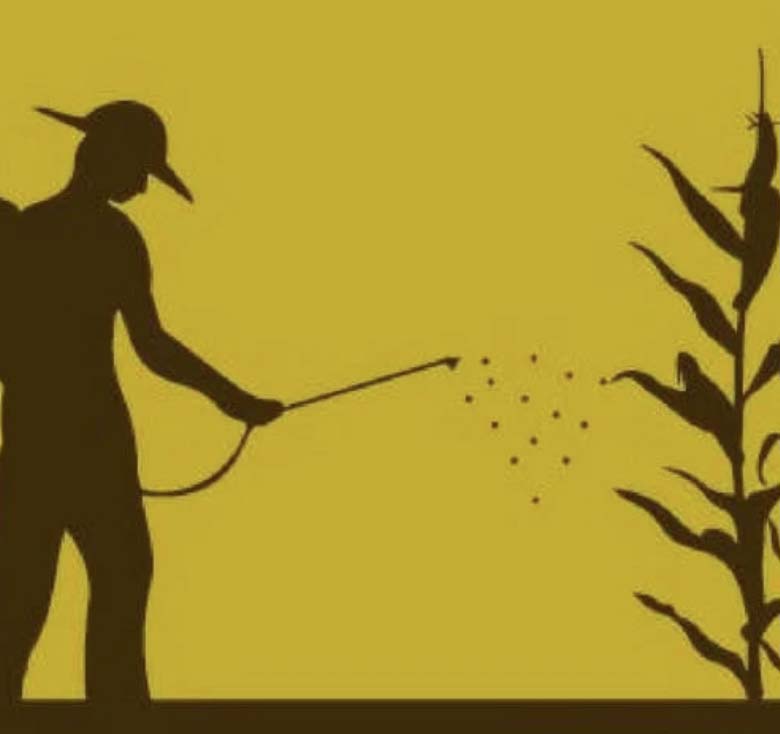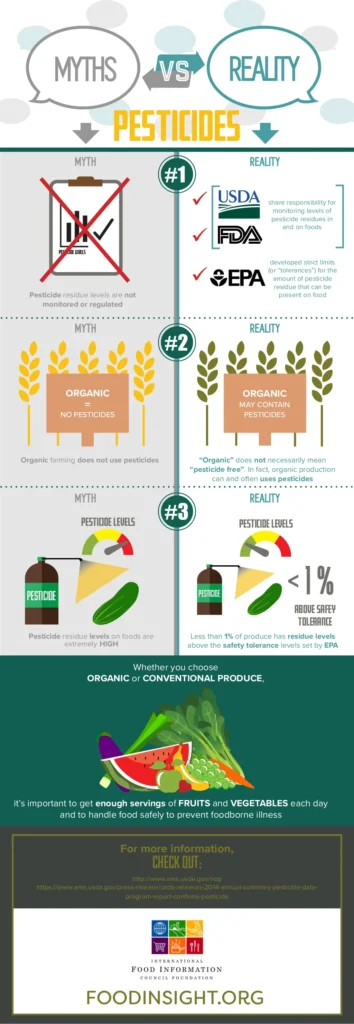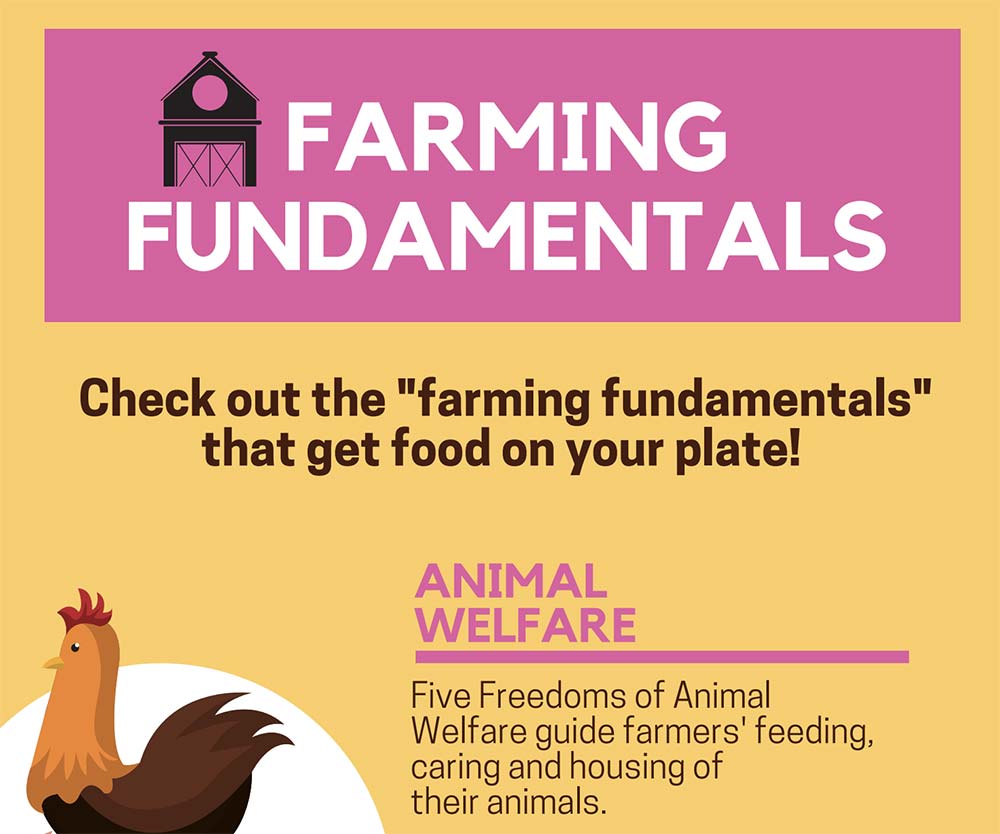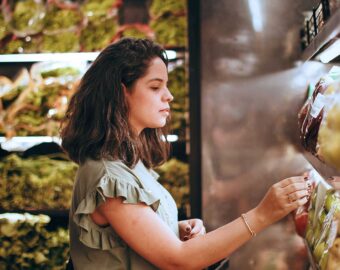
Pesticides

Quick Links
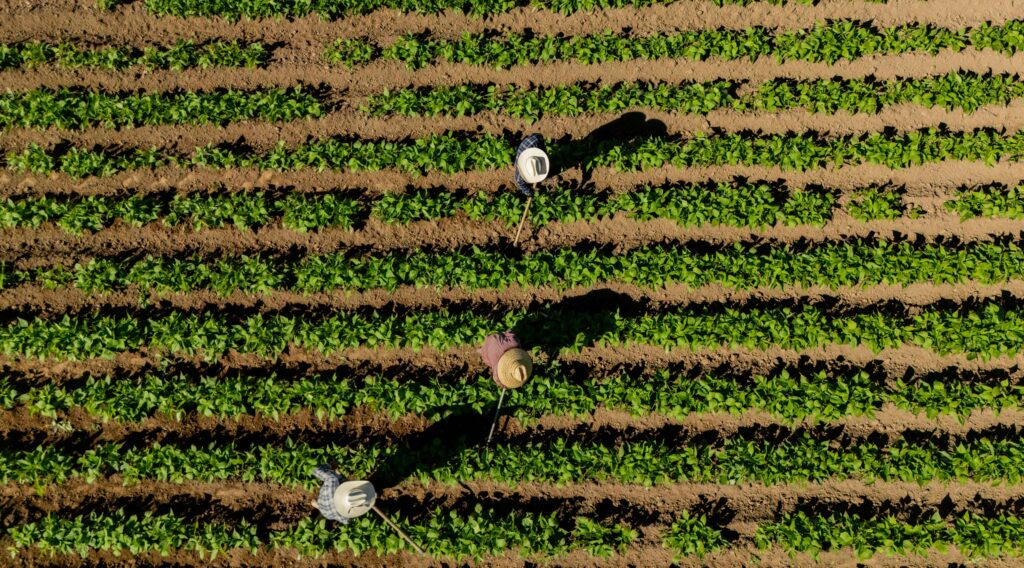
Key Messages
Pesticides are a common source of consumer questions − and confusion. These key messages are designed to help you communicate clearly and confidently about what pesticides are, how they’re regulated and what the science says about their role in our food system.
- What are pesticides? The Environmental Protection Agency (EPA) defines ‘pesticide’ as “any substance or mixture of substances intended for preventing, destroying, repelling or mitigating any pest.”[1]
- Did you know pesticide residues on foods are tightly regulated and monitored? Responsible use of pesticides helps farmers protect crops and conserve natural resources while supporting food security. Each year, testing completed by the United States Department of Agriculture (USDA) shows that over 99% of foods meet the EPA’s strict safety standards.[2]
- Both conventional and organic produce are safe and nutritious. Both organic and conventional produce may be treated with pesticides − the difference lies in the type used. All pesticides, whether used in organic or conventional farming, are regulated for safety.[3] Washing fruits and vegetables with clean water (not soap) helps remove residues, dirt and microbes. The minimal risk from trace levels of pesticides is far outweighed by the significant health benefits of eating more fruits and vegetables.[4]
Research
Understanding public perceptions of pesticides is key to effective communication. These consumer research findings highlight how consumers think about pesticide use and food safety, providing helpful context for outreach, education and engagement.
2025 IFIC Food & Health Survey: A Focus On Food Production
Learn More2025 IFIC Food & Health Survey: A Focus On Food & Ingredient Safety
Learn MoreIFIC Spotlight Survey: Public Perceptions Of Pesticides & Produce Consumption
Learn MoreResources
From produce safety myths to the role of biopesticides in farming, these pieces take a closer look at the facts behind common pesticide questions. Dive into science-based content that helps clarify concerns and supports confident, informed conversations about what’s in our food.

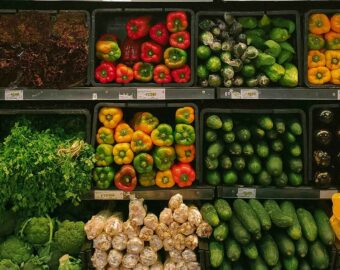
The Safety Seven: How to Dodge the Dirty Dozen
April 1, 2024

Farming Technology Insights: Biopesticides and our Food Supply
October 3, 2023
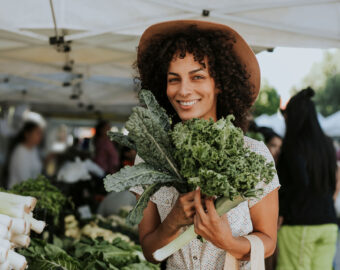
Farmers’ Market Food Safety 101
May 7, 2019
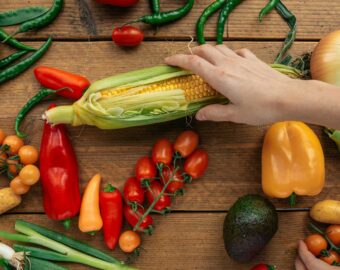
Genetically Modified Organisms and Our Food Supply
January 10, 2020
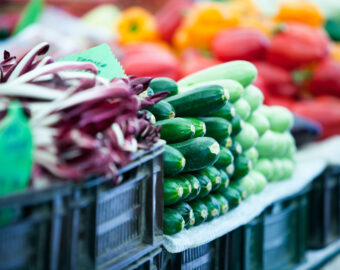
Frequently Asked Questions on Pesticides and Food Safety
November 15, 2017
Webinars
Pesticides help protect crops and support food production, but they’re often misunderstood. These IFIC Expert Webinars help health professionals communicate about pesticides with confidence.
In the News
IFIC experts are working to bring clarity to common questions about pesticides. Gain inspiration from their perspectives on topics like the “Dirty Dozen” list and pesticide safety myths.

